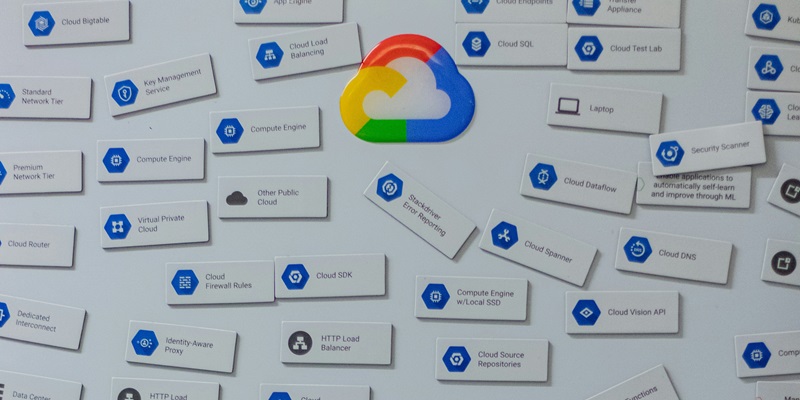Harnessing the power of artificial intelligence (AI) can be a complex task, especially for those without extensive machine learning knowledge or resources. However, Google Cloud’s pre-trained AI models provide a solution to this challenge, offering easy access to advanced AI capabilities. These off-the-shelf models are critical tools that enable businesses and developers to build sophisticated AI-driven applications without the lengthy process of developing the underlying technology from scratch.
By using these ready-made AI models, developers can save valuable time, cut costs, and rapidly integrate the latest technological advancements into their applications. This simplifies the development process and promotes innovation while enhancing operational efficiency. As a result, Google Cloud’s AI models play an instrumental role in democratizing AI by making these advanced tools widely accessible to a diverse audience.
Accelerating Development With Pre-Trained AI
Think of pre-trained AI models as having an on-demand team of expert data scientists. These models have undergone extensive training on large datasets, which equips them to perform tasks like image and speech recognition, language translation, and content personalization with impressive accuracy. Incorporating these prebuilt models from Google Cloud into your projects can lead to a substantial acceleration in your development cycle.
Focus on Customization, Not Creation
With pre-trained AI models, the labor-intensive and costly process of training models from the ground-up is bypassed. This allows you to concentrate on tailoring these models to meet the specific requirements of your project, reducing the time it takes to deploy your AI features. In addition, Google Cloud provides robust tools that simplify the management of these models, making it easier to weave AI into your current infrastructure.
Unleashing Innovation and Cutting Costs
There are significant economic benefits to using pre-trained AI models on Google Cloud. Training complex AI models from the ground up requires substantial investment in both time and money. By tapping into models that have already been trained on a variety of AI tasks, smaller businesses and individual developers can drastically cut down on costs and computational demands. This move levels the playing field, making AI accessible to those who might have previously found the cost prohibitive.
High-Quality AI at a Lower Cost
Utilizing these cost-effective pre-trained models doesn’t mean sacrificing quality for affordability. They enable innovators to experiment with AI features that may have been too costly to consider in the past, inspiring new applications and innovative solutions. With the resources saved, companies can spend more time refining their products, staying ahead of competitors, and fostering innovation.
In conclusion, Google Cloud’s pre-trained AI models are transformative tools that provide projects with velocity, efficiency, and a competitive advantage, all without the hefty investment typically associated with AI development. These models empower projects to reach new heights by harnessing the power of AI efficiently and affordably.

